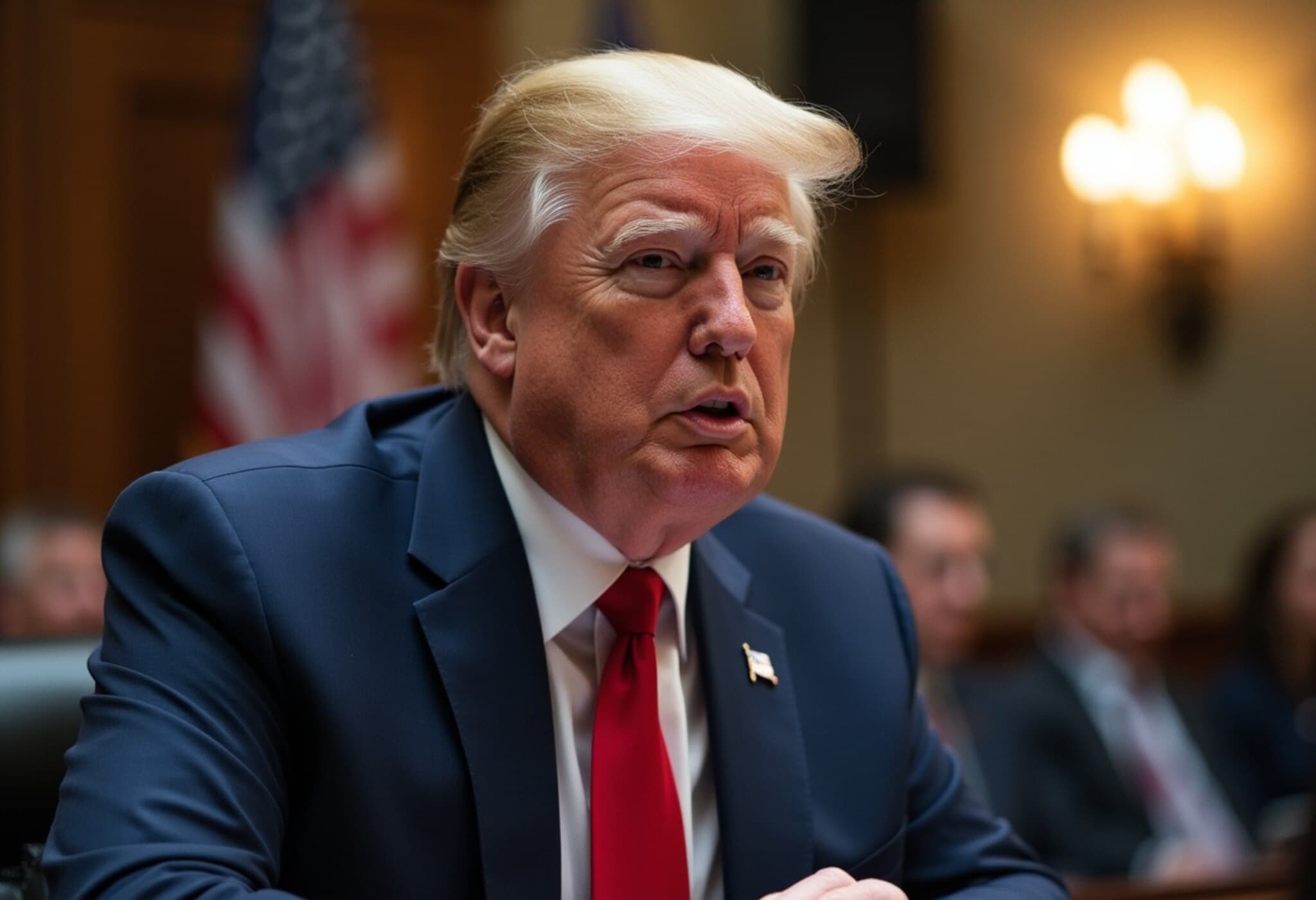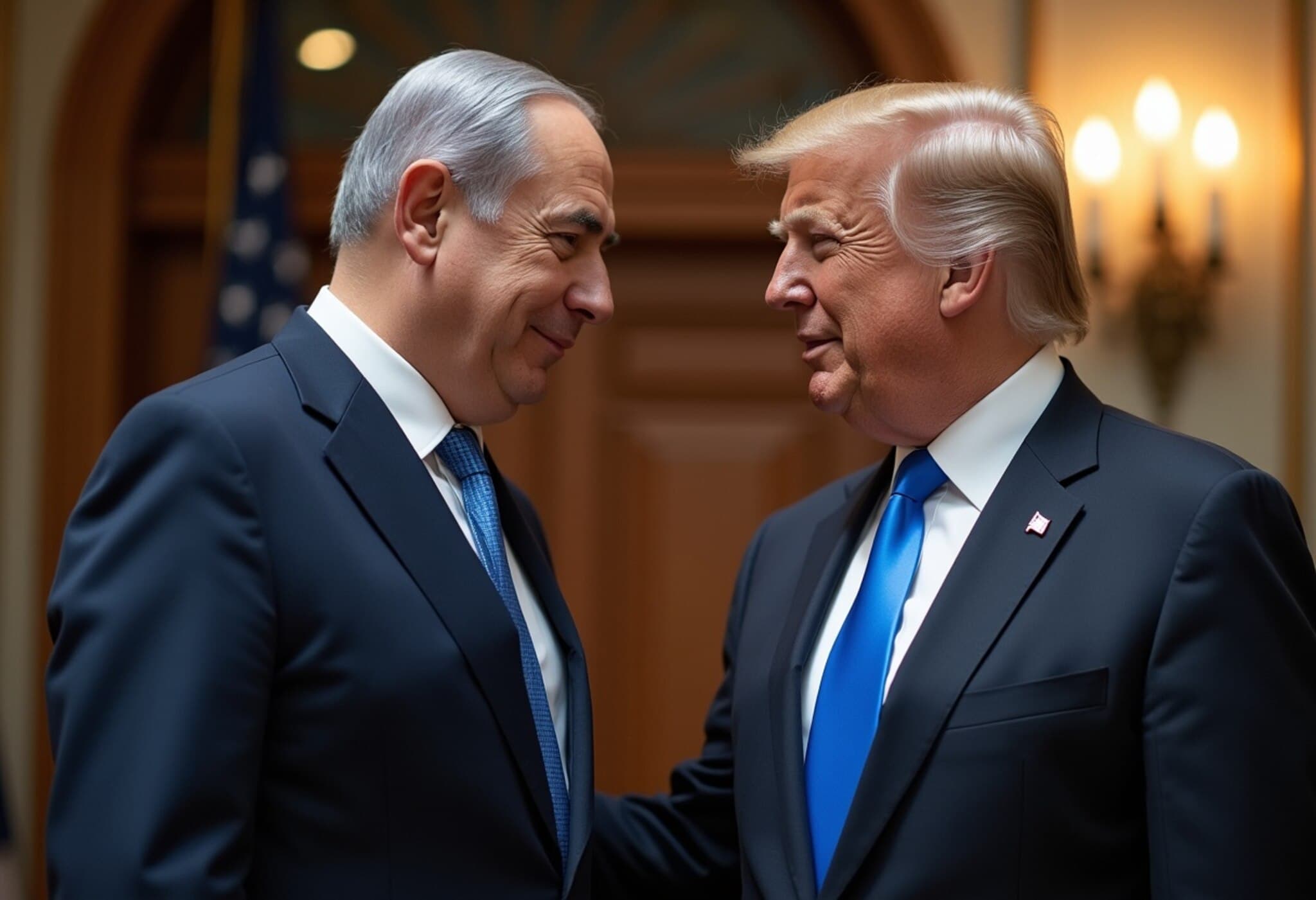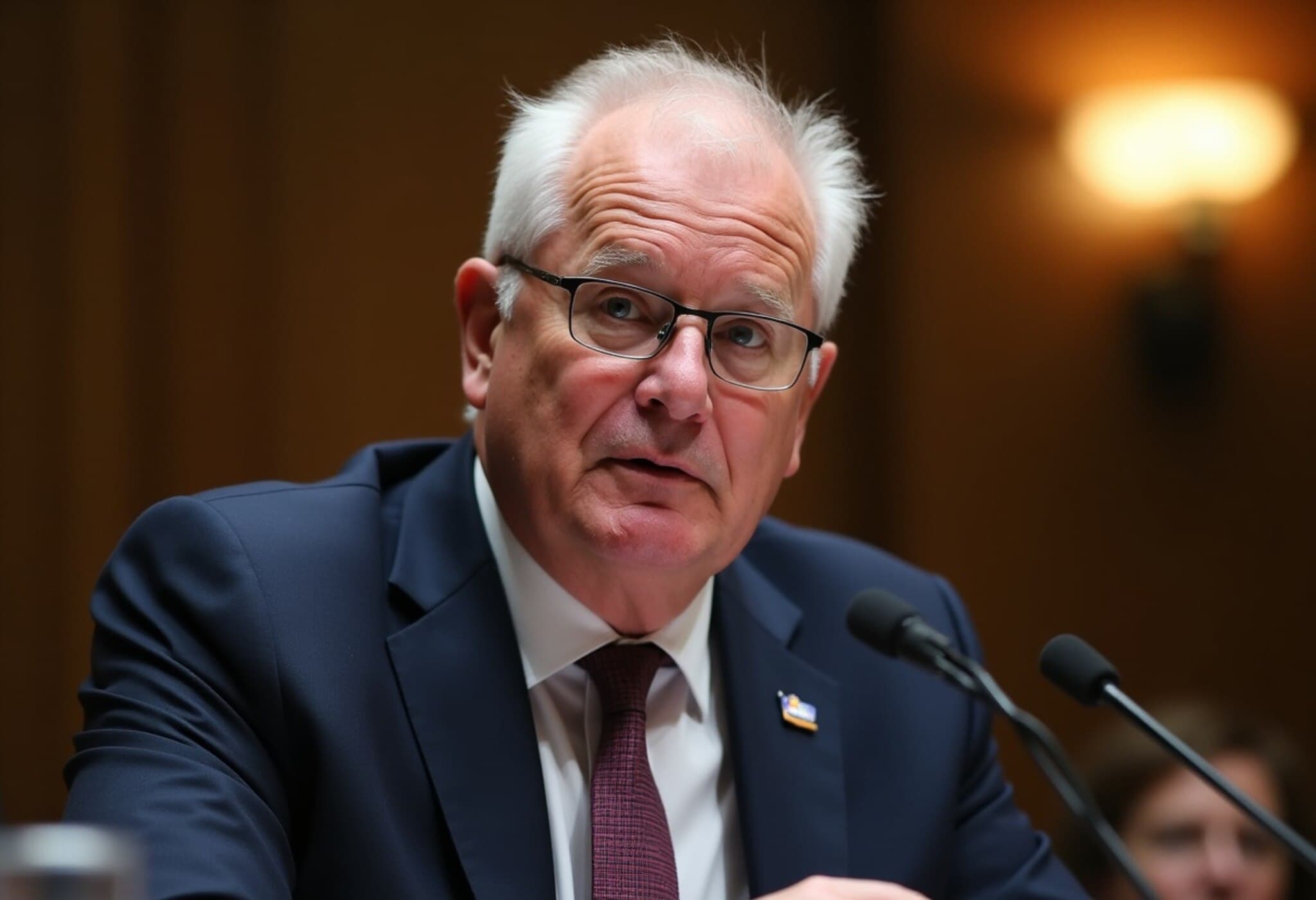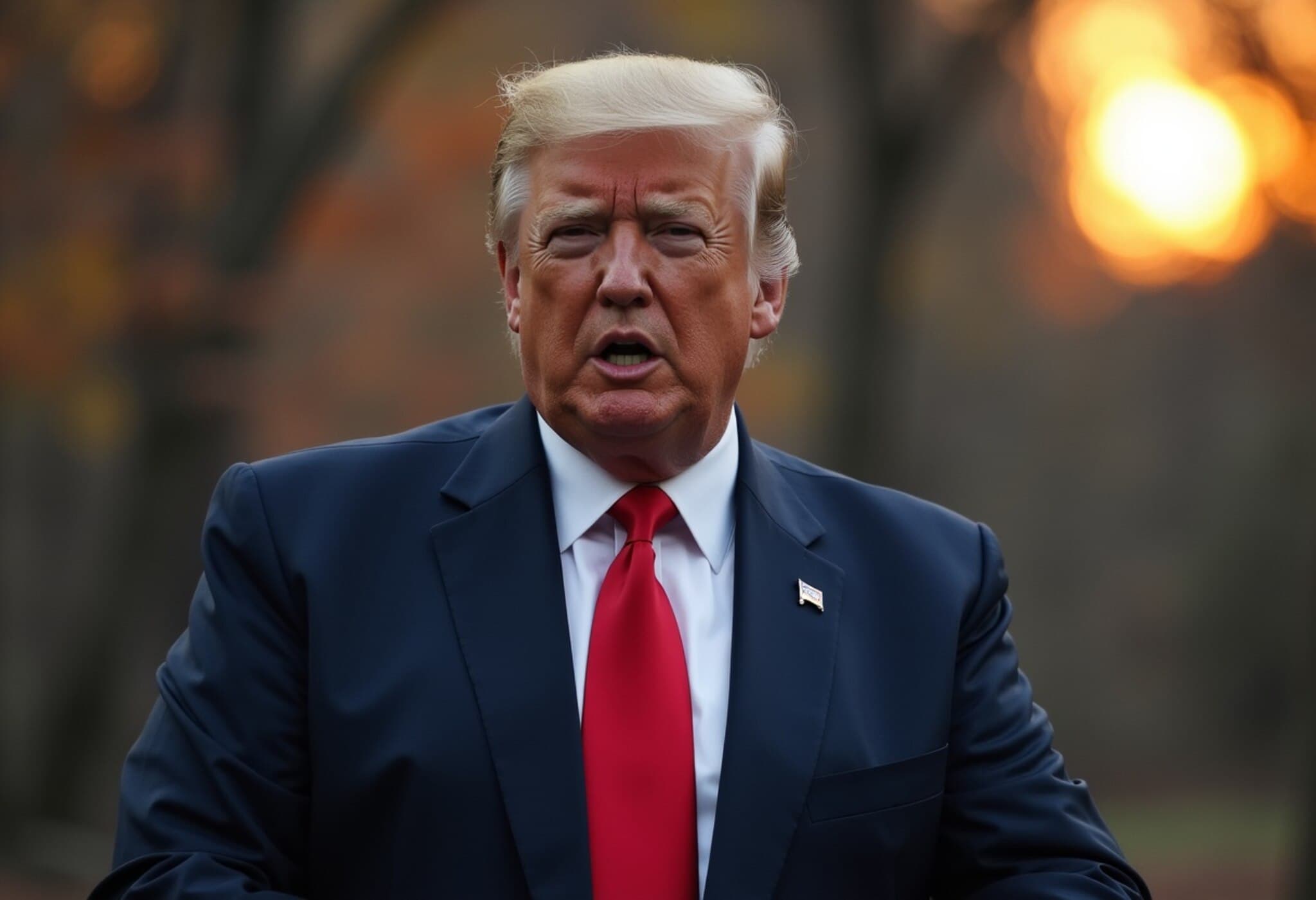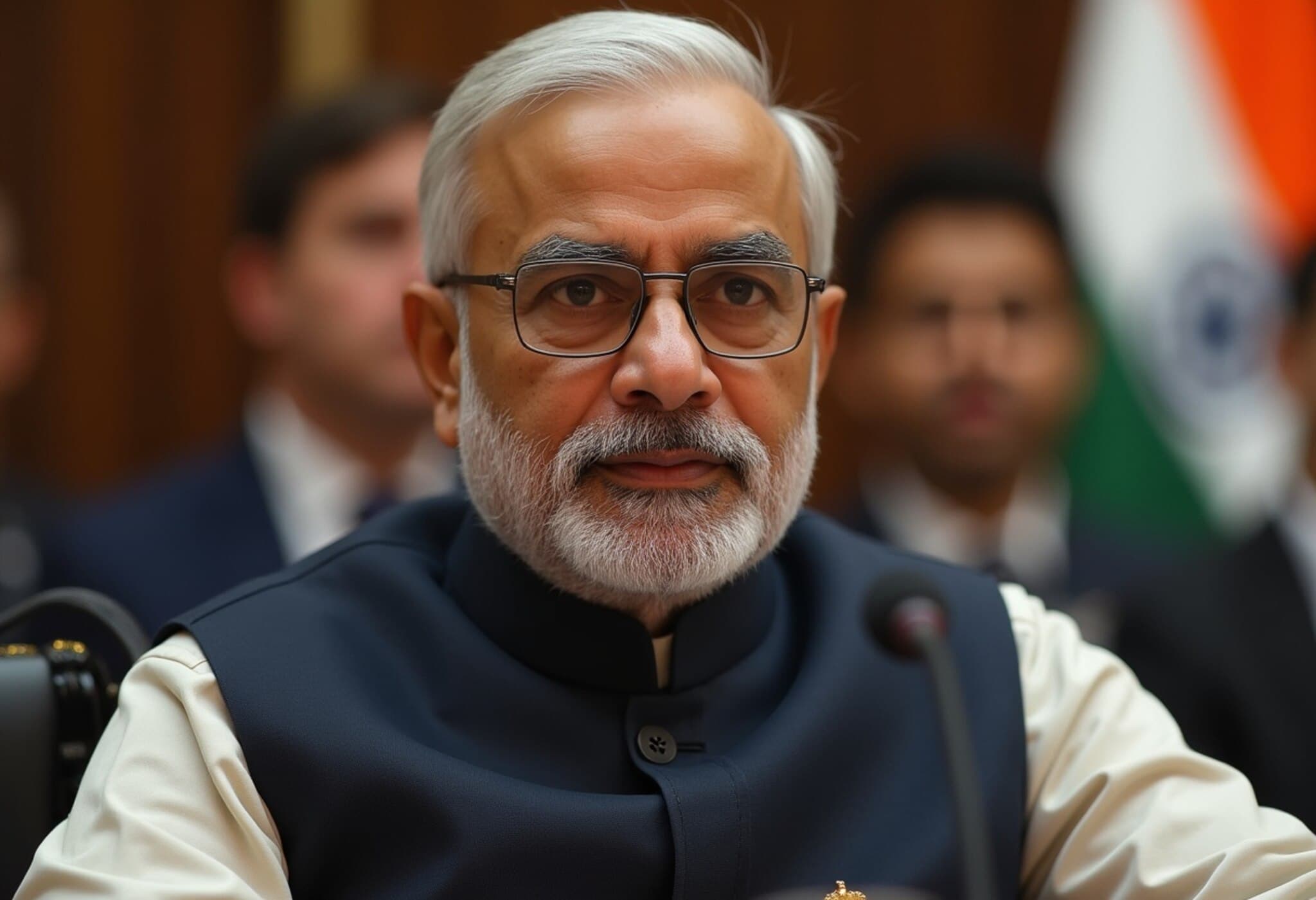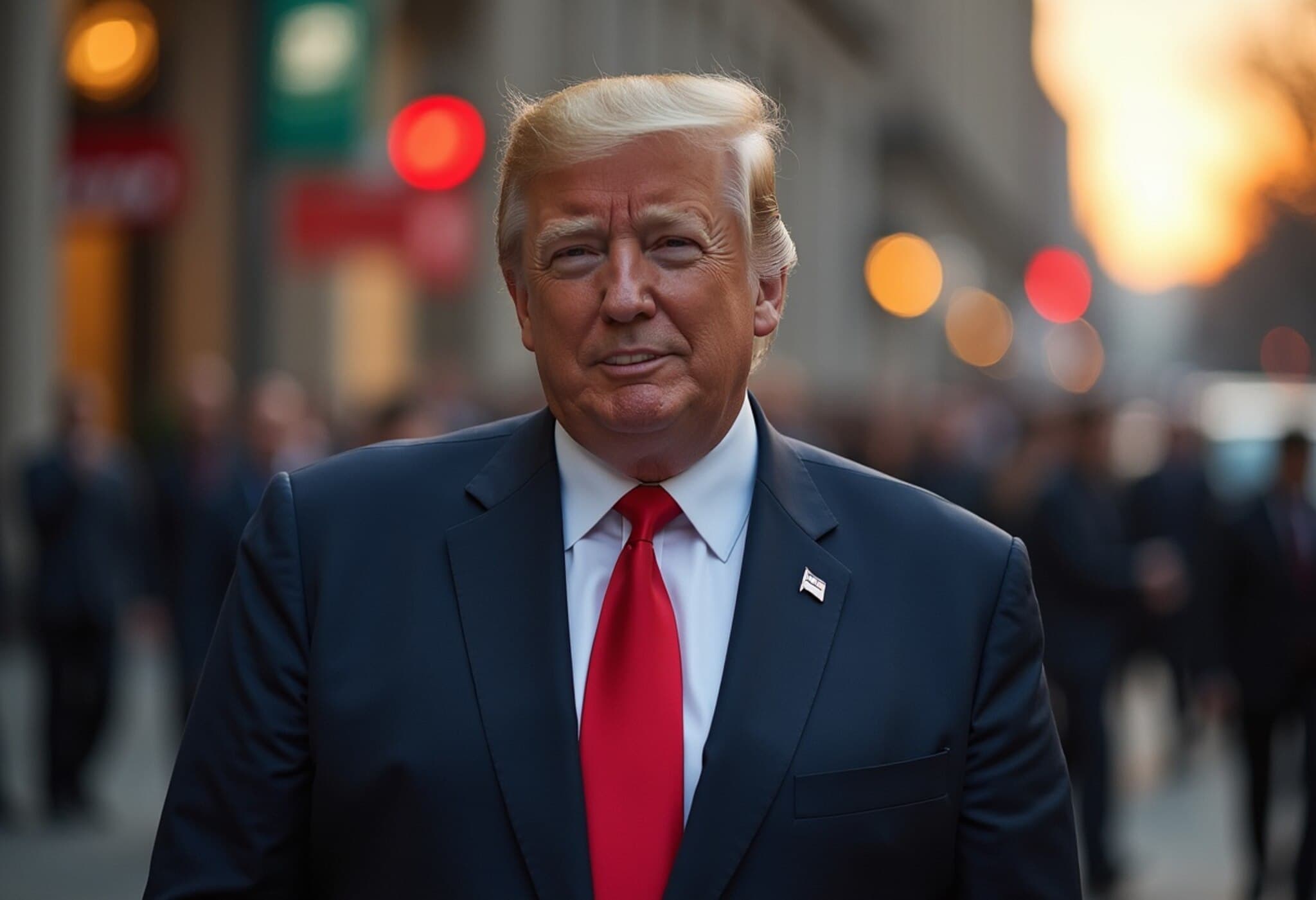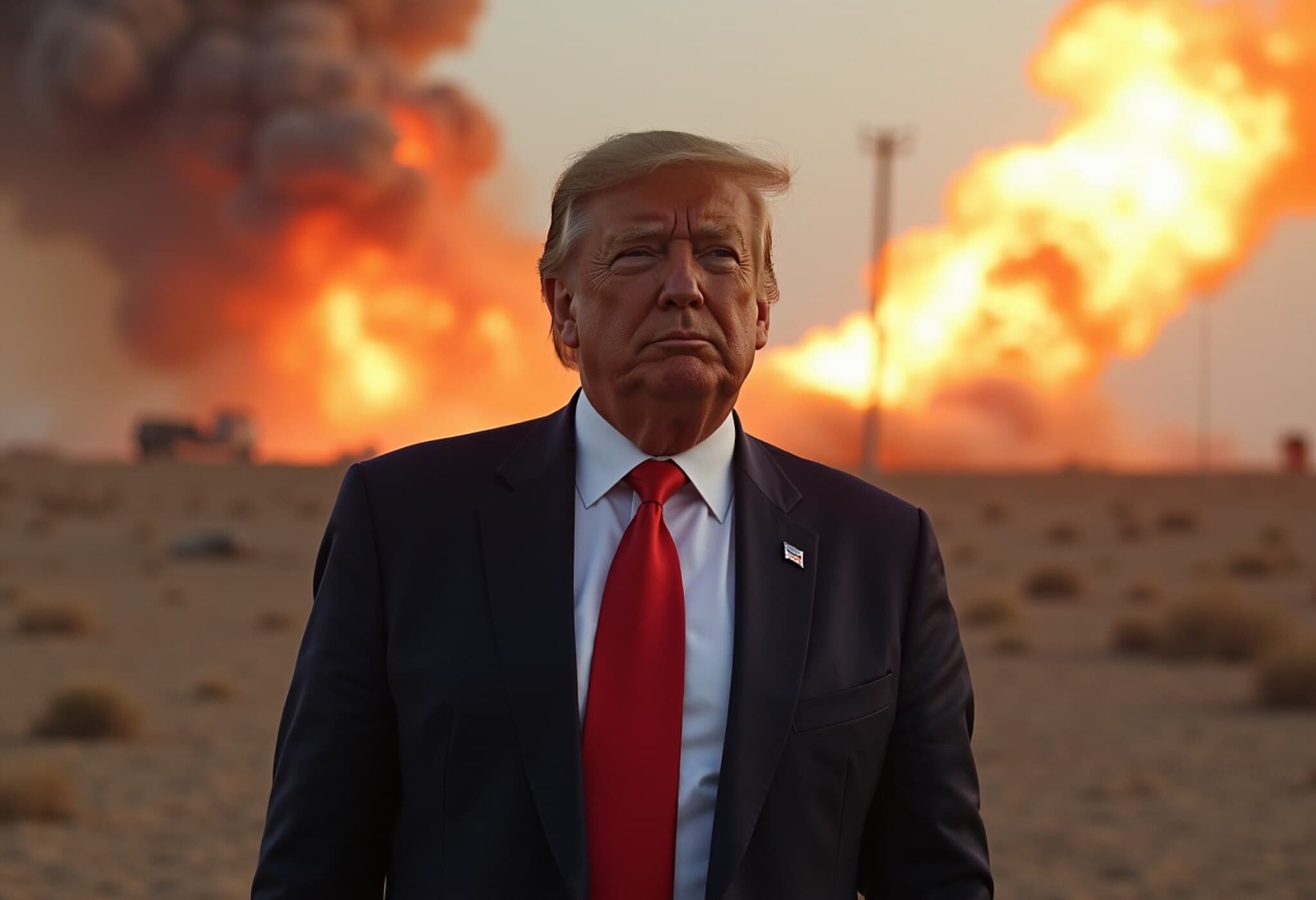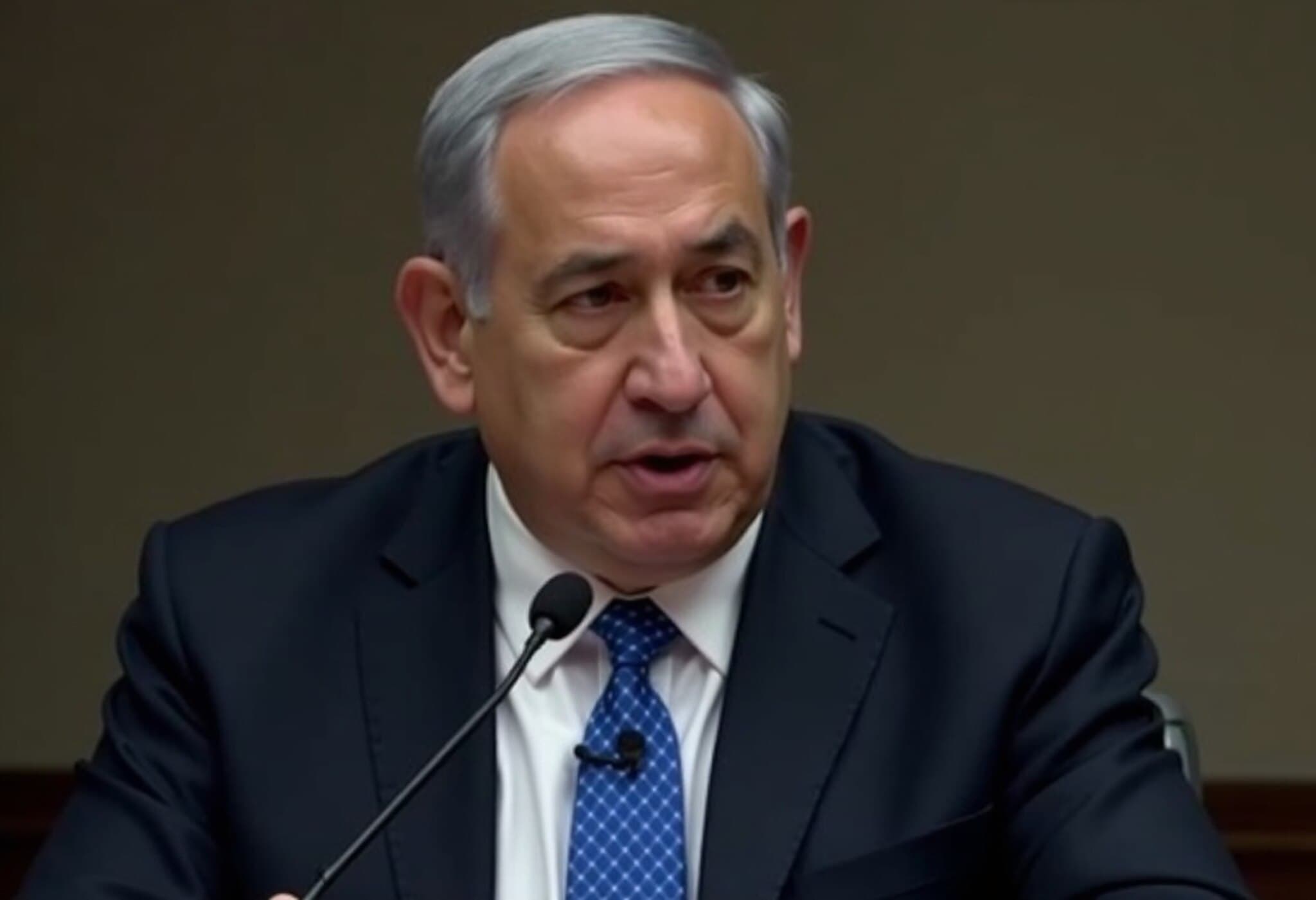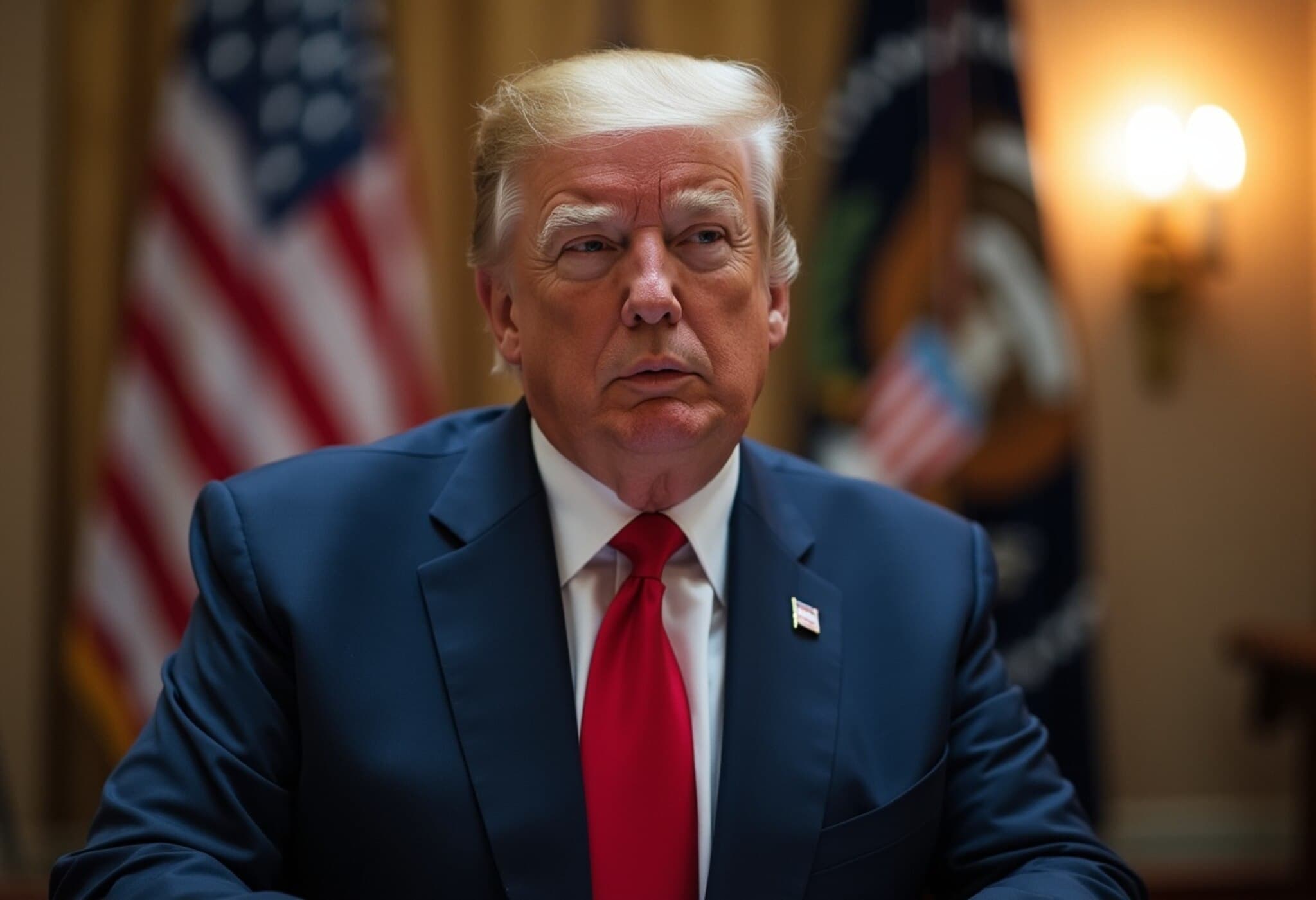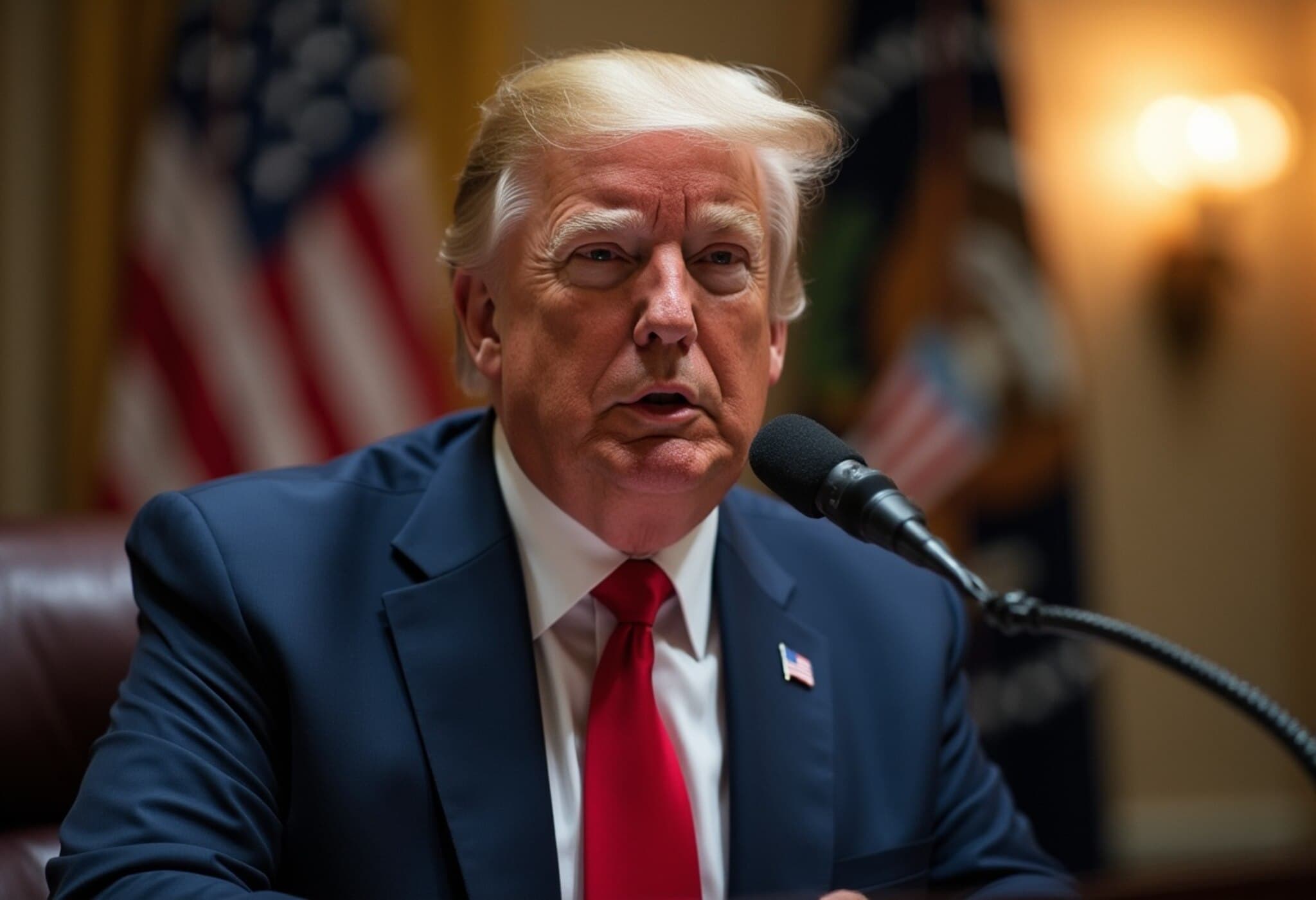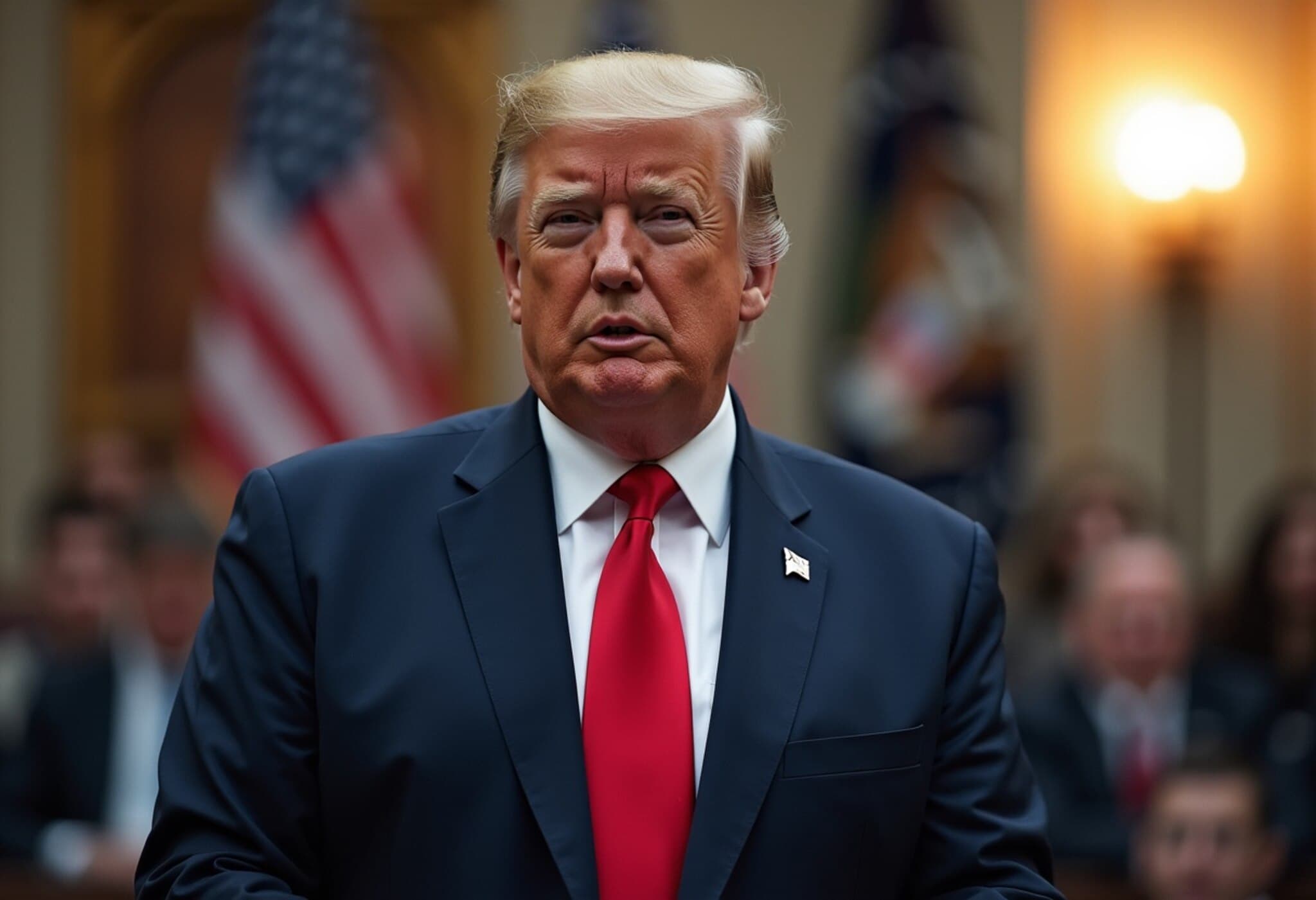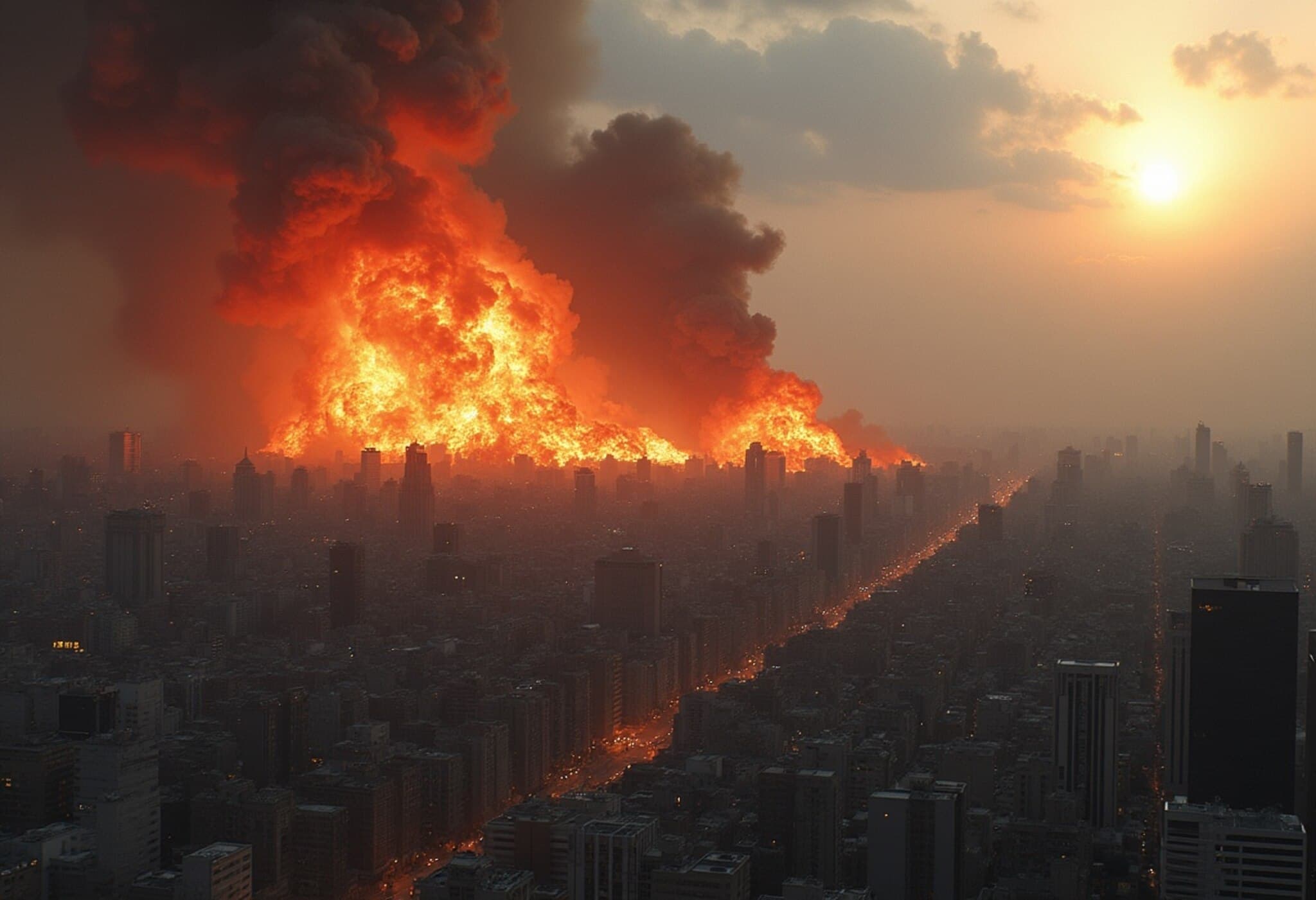Trump Asserts Iran Had Nuclear Weapons Program, Contradicting U.S. Intelligence
This week, former U.S. President Donald Trump informed Congress that the Iranian sites recently targeted by U.S. strikes were involved in a nuclear weapons development program. However, this claim stands at odds with assessments from U.S. intelligence agencies, which have reported no evidence of an active nuclear weapons effort in Iran.
Discrepancies Between Trump’s Statement and Intelligence Assessments
In a letter addressed to House Speaker Mike Johnson, Trump described the precision strikes on three Iranian nuclear facilities as actions against sites used for nuclear weapons development. The letter, dated Monday and shared through official channels, stated: "United States forces conducted a precision strike against three nuclear facilities in Iran used by the Government of the Islamic Republic of Iran for its nuclear weapons development program."
Contrastingly, the latest intelligence overview presented to Congress earlier this year painted a different picture. According to reports shared by the Director of National Intelligence in March, Iran’s supreme leader had not resumed any nuclear weapons activities since the program's suspension in 2003. Multiple sources familiar with classified intelligence reaffirmed that this assessment remains unchanged.
Context: Iran’s Nuclear Capability and U.S. Actions
Iran continues to maintain that its nuclear program serves peaceful purposes only. Unclassified documents reflect that Tehran ceased its nuclear weapons ambitions over two decades ago but retains the expertise necessary to potentially develop a warhead in the future.
The U.S. military launched attacks on three prominent Iranian nuclear sites — Natanz, Isfahan, and Fordow — delivering bunker-busting bombs, particularly targeting the deeply buried Fordow facility housing advanced centrifuges. Officials declared these sites destroyed, yet preliminary intelligence estimates suggest the strikes delayed Iran’s nuclear activities by only a few months.
Trump’s Public Disregard for Intelligence Findings
Earlier last week, Trump openly challenged intelligence reports, dismissing the analysis delivered by the Director of National Intelligence. He remarked, "I don't care what she said. I think they were very close to having one," referring to Iran’s nuclear weapon capability. Meanwhile, the intelligence chief herself clarified that while Iran could potentially produce a nuclear weapon in weeks or months if it chose, no active program was underway.
Historical Significance and Current Stakes
Trump’s assertions revive memories of the 2003 Iraq invasion, which was justified by flawed intelligence about weapons of mass destruction and later became politically controversial. This backdrop emphasizes the critical importance of accurate intelligence in guiding military decisions and maintaining international credibility.
As further intelligence assessments are anticipated, the debate over the justification and impact of the recent strikes continues to unfold amid complex geopolitical tensions.

